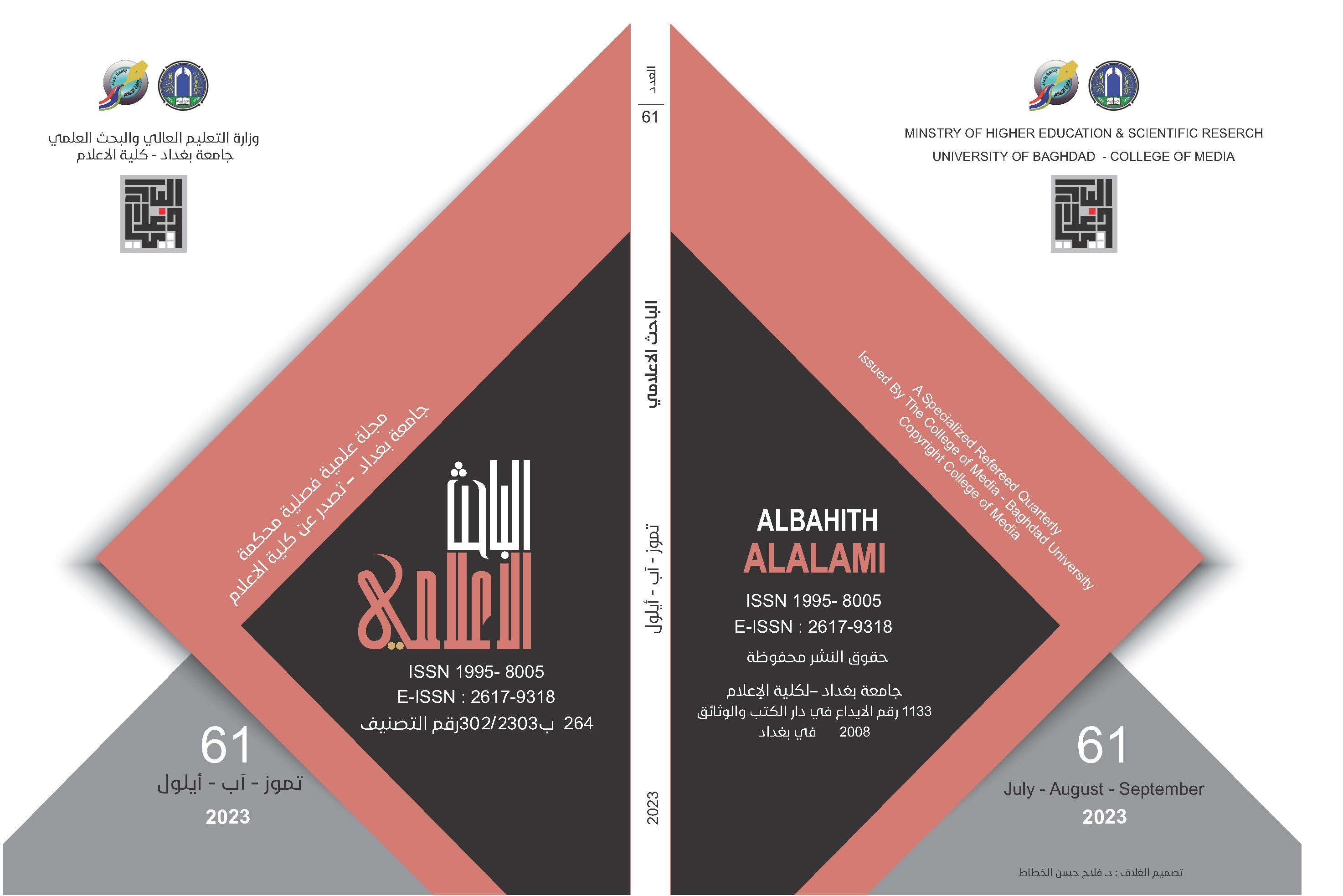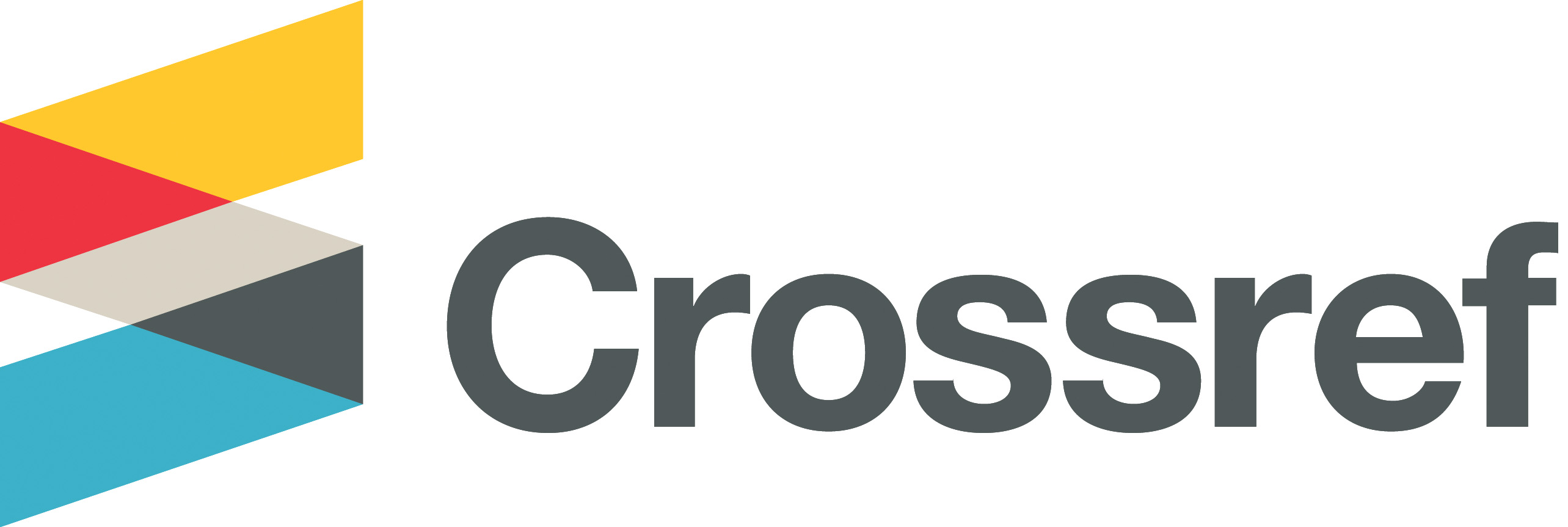The Palestinian Elite's Use on Digital Diplomacy in the Face of the Israeli Narrative
DOI:
https://doi.org/10.33282/abaa.v15i61.1090Keywords:
Palestinian Elite, Digital Diplomacy, Israeli NarrativeAbstract
This study aims to determine the extent to which Palestinian elites use digital diplomacy to confront the Israeli narrative by exploring the motives for usage, patterns, essential digital diplomatic tools, and achieved satisfactions. The study adopted a survey methodology and employed a questionnaire distributed to a sample of 110 Palestinian political and media elites.
The study arrived at several key findings, including: Palestinian elites allocate a substantial (%67) of their efforts towards employing digital diplomacy as a response to the Israeli narrative. The foremost platforms employed for this purpose are Facebook and Twitter. The primary motivation for utilizing these digital platforms is to present the Palestinian perspective to a global audience, while the central objective is to debunk the false Israeli narrative, which relies heavily on targeted propaganda.
Downloads
References
Abdel-Aal, W. (2018). Digital diplomacy and its place in Palestinian foreign policy. Ramallah: Birzeit University, Media Development Center.
Abdo, I. S. (2020). The impact of the use of digital diplomacy on the prisoners’ issue from the point of view of media elites (published Master Thesis). Al-Aqsa University, Faculty of Arts and Human Sciences, Department of Diplomacy and International Relations. Retrieved from https://2u.pw/4Q9dmJs
Abu Daqqa, A. (2018, 12 9). Hebrew Hasbara and the making of public opinion. Retrieved from Albayan: https://www.albayan.co.uk/MGZarticle2.aspx?ID=6478
Abu Hilal, N. H. (2021). The role of Palestinian digital diplomacy in confronting Arab-Israeli normalization (published Master Thesis). Al-Aqsa University, Faculty of Arts and Humanities, Department of Diplomacy and International Relations. Retrieved from https://2u.pw/xsgDVmZ
Abu Shaisha, A. M. (2022). Mechanisms of Israeli media discourse through social networking sites to portray Israeli-Arab relations after the recent wave of Arab-Israeli diplomatic relations. Scientific Journal of Radio and Television Research, 2022(23), 173-210. https://doi.org/10.21608/ejsrt.2022.243077
Al-Abd, A. A. (2000). The scientific method in media research. Cairo: Dar Al Hani for Publishing and Distribution.
Al-Amoudi, M. (2018). Digital diplomacy and its impact on foreign policy: a comparative study between Palestine and the Israeli occupation. Turkish Vision Magazine, 7(4), 125-149. Retrieved from https://2u.pw/OqxUe94
Al-Azzam, A., & Katibi, H. K. (2010). Attitudes of Jordanians towards media performance: An exploratory study. Damascus University Journal, 26(3-4), 589-645. Retrieved from https://2u.pw/AJgEfbI
Al-Masry, I. M. (2016, 12 17). The elite’s use of social networking sites to market the Palestinian cause. The Thirteenth International Conference: Palestine is a cause and a right, (pp. 57-73). Tarabulus. Retrieved from https://jilrc.com/archives/5720
Al-Razi, S., & Shaat, M. (2020, 11 9). Palestinian digital diplomacy fact sheet: reality and challenges. Retrieved from Palestinian Center for Policy Research and Strategic Studies - Masarat: https://2u.pw/PbVGN8t
Al-Sarfandi, B. M. (2017). Attitudes of the political and media elite towards Palestinian diplomatic performance 1993-2016: A field study (Unpublished Master Thesis). Al-Aqsa University, Diplomacy and International Relations Program.
Al-Talaqa, M. H. (2021). Palestinian journalists’ use of social media to publicize the Return Marches: A field study in the Gaza governorates. Gaza: Islamic University.
Al-Taweel, S. R. (2022). The Palestinian political elite’s use of digital media to communicate with the public: a field study. Gaza: Islamic University.
Alwan, N. (2020, 9 10). Why is our interaction with Israeli accounts on social networks considered normalization? Retrieved from Noon Post: https://www.noonpost.com/content/38096
Aybwk. (2023, 1 1). The Palestinian Digital Reality for the Year 2022, Seventh Edition. Retrieved from I social: https://2u.pw/wuRy590
Baalousha, M. A. (2022). Palestinian digital diplomacy in social media networks: a comparative analytical study. Gaza: Islamic University.
Badr, A. (2021, 6 23). Palestinian digital diplomacy. Retrieved from Institute for Palestine Studies: https://www.palestine-studies.org/ar/node/1651382
Collins, N., & Bekenova , K. (2019). Digital diplomacy: Success at your fingertips. Place branding and public diplomacy, 15(1), 1-11. https://doi.org/10.1057/s41254-017-0087-1
Hijab, M. M. (2010). Communication theories. Cairo: Dar Al Fajr for Publishing and Distribution.
Hussein, S. M. (2006). Media research foundations and principles. Cairo: World of Books for printing, publishing and distribution.
Islih, M. A. (2020). The role of digital diplomacy in enhancing Palestinian diplomatic work from the perspective of media and political elites (published Master Thesis). Al-Aqsa University, Faculty of Arts and Human Sciences, Department of Diplomacy and International Relations. Retrieved from https://2u.pw/1W1XKBc
Mahmoud, A. A. (2022). Communication strategies for Palestinian and Israeli public diplomacy via Facebook during the Sheikh Jarrah crisis and the Gaza war: an analytical study. Journal of Media Research, 61(3), 1577-1628. https://doi.org/10.21608/JSB.2022.238153
Makkawi, H. I., & Alsayid, L. H. (2017). Communication and its contemporary theories. Cairo: The Egyptian Lebanese House.
Manor, I., & Crilley, R. (2018). "Visually framing the Gaza War of 2014: The Israel ministry of foreign affairs on Twitter. Media, War & Conflict, 11(4), 369-391. https://doi.org/10.1177/1750635218780564
Munjid, N. (2021, 7 14). The role of social media in the Palestinian issue: between supporters and laggards. Retrieved from Huna Sawtuk: https://hunasotak.com/article/27995
Murad, K. K. (2012). Mass communication and media development, characteristics, theories. Ammaan: Dar march publishing, distribution and printing.
Sahwil, F.-Z. (2018, 5 28). Authority and factions have fallen in the battle of digital diplomacy. Retrieved from Palestine Ultra: https://2u.pw/C0WrKpN
Shafiq, H. (2021). Palestinian popular diplomacy discourse via Twitter in the face of political manipulation discourse: a case study of the Israeli aggression on Gaza 2021. Journal of Media Research, 59(3), 1371-1442. https://doi.org/10.21608/JSB.2021.202072
Shyngyssova, N., Tassilova, A., Zhappasov, Z., Sarybayev, M., Sadenova, A., Tasylova, N., & Kozgambayeva, G. (2018). COMPARATIVE ANALYSIS ON DIGITAL DIPLOMACY IN KAZAKHSTAN, UZBEKISTAN AND KYRGYZSTAN. Astra Salvensis, 2018(11), 321-332. Retrieved from https://www.ceeol.com/search/article-detail?id=666936
Youth Media Centre. (2023, 2 12). The reality of digital media in Palestine 2022. Retrieved from Youth Media Centre: https://ymcgaza.com/release/9
Downloads
Key Dates
Published
Issue
Section
License
Copyright (c) 2023 ALBAHITH ALALAMI

This work is licensed under a Creative Commons Attribution 4.0 International License.
Authors retain copyright and grant the journal right of first publication with the work simultaneously licensed under a Creative Commons Attribution License (CC BY 4.0) that allows sharing the work with recognition of authorship and initial publication in ABBA journal.


















